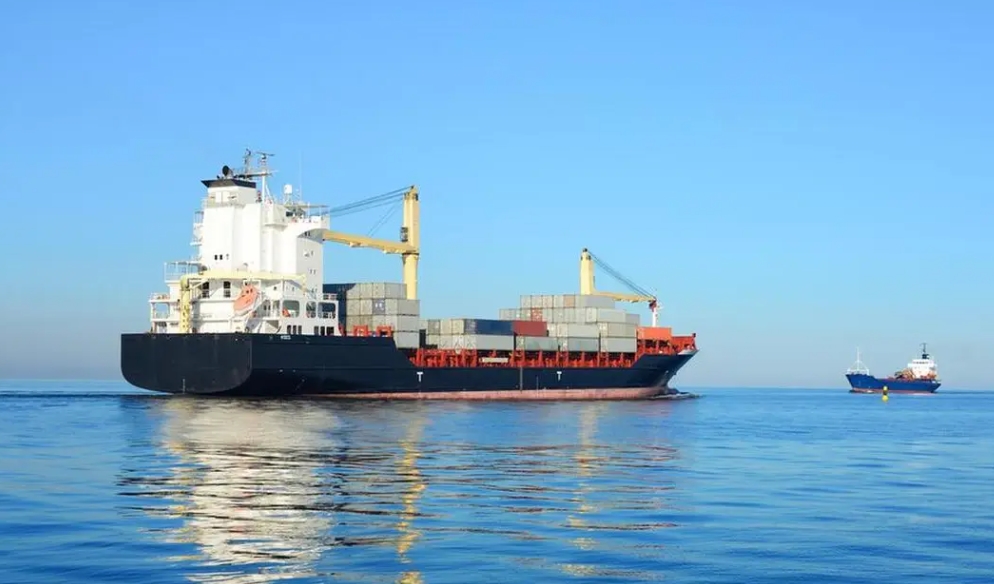
According to truck out data from the Nigerian Midstream and Downstream Regulatory Authority (NMDPRA), Nigeria’s current daily petrol consumption is approximately 40 million litres per day.
A further breakdown of the in-country refining capacity shows that Dangote Refinery contributes an average of seven million litres while NNPC Ltd controls 1.2 million litres, bringing the total to 8.2 million litres. Modular refineries are out of the picture as they only produce diesel for now.
This means that only 20.5 per cent of the country’s petrol need is met through local refining, while the remaining 79.5 per cent or 31.8 million litres are imported.
At the moment, the Dangote refinery is producing about 30 million litres of petrol but only injects about seven million litres into the domestic market, a figure which increased by five million litres in October, up from its initial 25 million litres.
Dangote refinery had consistently lamented the inability of the plant to access enough crude oil from NNPC Ltd, forcing it to source unspecified volumes of crude oil from US and other parts of the world.
In September 2024, Dangote Refinery commenced lifting of petrol to NNPC with the release of 16.3 million litres.
The volume, according to sources, translates to a shortfall of 8.7 million litres when compared with the initial 25 million litres per day pact with NNPC.
Confirming the import of petrol due to shortfall in domestic production, a top official in one of the leading downstream marketing company told Daily Sun at the weekend that they have since commenced imports due to shortage in supply.
The source said the refining capacity is not enough to meet local demands, hence their resort to petroleum product importation.
“The truth of the matter is that it is better for us to source petrol locally because it takes away from us the challenge of having to source for foreign exchange. But because we cannot get the required quantity needed, we have to import and this is not for us alone but for other marketers,” the source stated.
In October, the President of Dangote Group, Aliko Dangote, assured that his refinery has more than 500 million litres of petrol in stock, which is more than enough to serve Nigeria if retailers buy from it.
Dangote questioned why state-owned Nigeria National Petroleum Company Limited (NNPC) and private retailers were still importing petrol when his refinery can produce enough.
“I am expecting that the NNPC Ltd and the marketers should stop importing; they should come and collect what they need. I don’t know if you understand what it means to keep half a billion litres in our tanks; it is costing me money,” he said.
Dangote did not say for how long the 500 million litres of petrol had been refined and stored by his 650,000 barrels per day refinery.
He however explained that his refinery has sufficient petrol available, but marketers have not been picking up the product. He emphasised that, as a producer, the refinery is not responsible for the scarcity, as it does not handle fuel distribution.
A senior executive at Dangote Industries Limited (DIL) last year raised concerns over the actions of International Oil Companies (IOCs) in Nigeria, accusing them of undermining the operations of the Dangote Oil Refinery and Petrochemicals Limited.
During a one-day training session for energy editors organised by the Dangote Group in Lagos, Mr. Edwin Devakumar, Vice President of Oil and Gas at DIL, stated that IOCs are intentionally obstructing the refinery’s efforts to procure local crude oil by inflating premium prices beyond market rates, saying these companies are forcing Dangote to import crude from distant countries like the United States, leading to increased operational costs.
He added that despite efforts by the Nigerian Upstream Petroleum Regulatory Commission (NUPRC) to allocate crude oil to the refinery, Edwin accused IOCs of deliberately demanding exorbitant premiums or claiming crude was unavailable, a decision that forced the refinery to cut output and import crude at higher costs.
He argued that the IOCs aim to keep Nigeria as a crude exporter and refined product importer, enriching their home countries while leaving Nigeria dependent on expensive imports. According to him, this exploitation strategy perpetuates unemployment and poverty in Nigeria and Sub-Saharan Africa while benefiting multinational corporations.
Devakumar alleged that despite the Dangote refinery producing diesel that complies with ECOWAS standards, licenses continue to be issued for the importation of high-sulfur diesel from Russia, which is then dumped into the Nigerian market. European countries, alarmed by the carcinogenic effects of this fuel, have recently banned its export to West Africa.The company also criticised the NMDPRA for indiscriminately issuing licenses to marketers to import substandard refined products.
This practice, Dangote said, compelled the refinery to look abroad, recently exporting diesel and aviation fuel to Europe and other markets.
Edwin noted that although the Federal Government issued 25 licenses to build refineries, Dangote was the only one to fulfill this promise.
“Since production commenced, over 3.5 billion liters, representing 90 per cent of the refinery’s output, have been exported, urging the government and regulators to support the refinery to foster job creation and national prosperity,” he said.